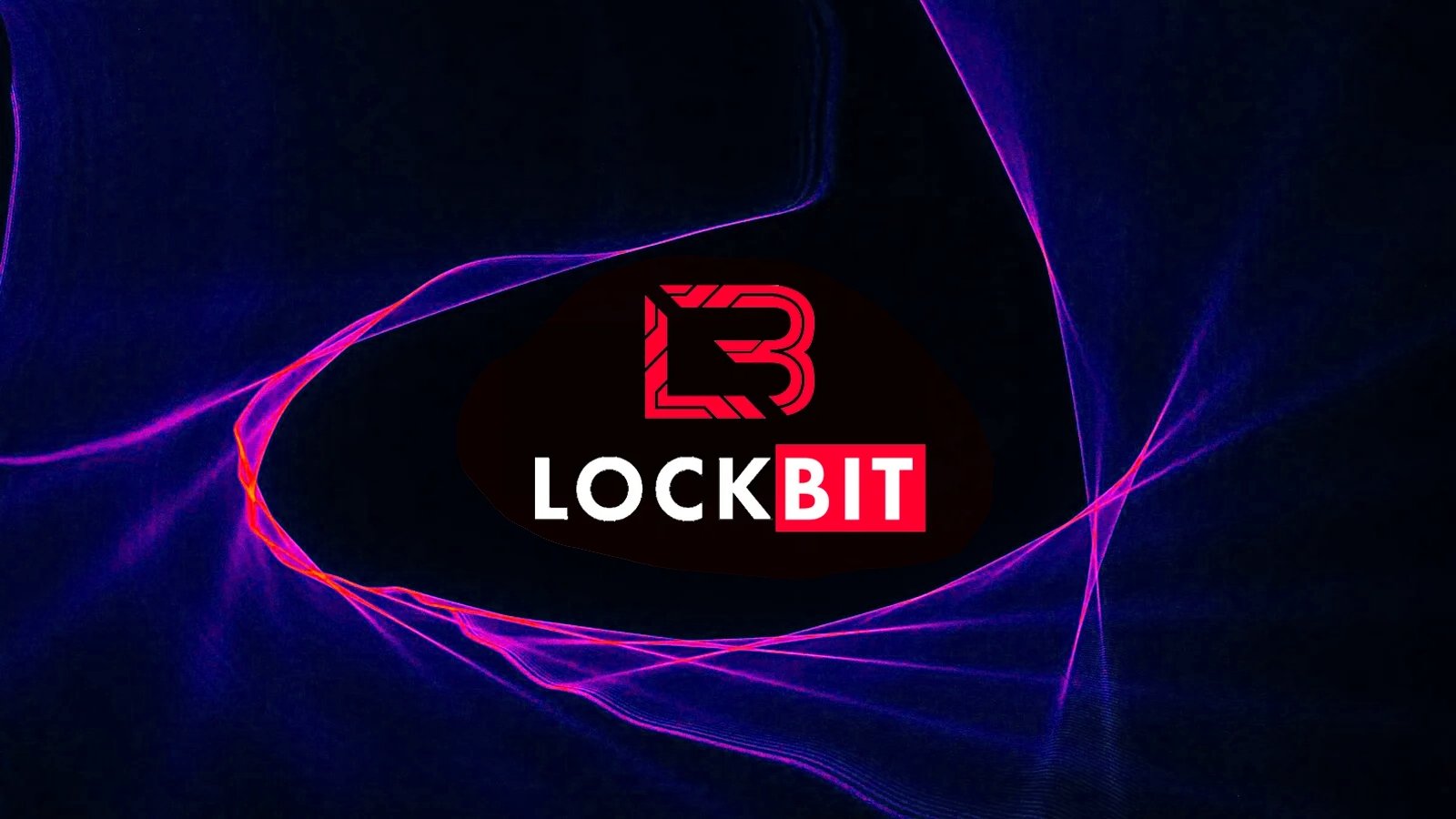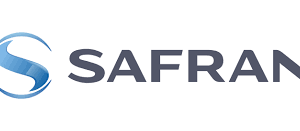According to the alert, both the unnamed nation-backed hacking group and the criminal group dubbed XE Group exploited known vulnerabilities in Progress Telerik software located in the unnamed government agency’s Microsoft IIS web server.
By virtue of Chrome’s market share, if Google makes this change for Chrome, that makes it a de facto standard that every commercial public certificate authority would have to follow.
The announcement, titled “350 GB from US Marshal Service (USMS) law enforcement confidential information,” was added on March 15, using an account registered just a day earlier on a Russian-speaking hacking forum.
Jelly Bean Communications Design reached a $293,771 settlement to resolve False Claims Act allegations that it knowingly provided deficient security controls to Florida Healthy Kids Corp., which caused the second-largest healthcare breach of 2021.
The new GoatRAT — like BraxDex, Senomorphy, and PixPirate before it — steals the Pix key of the mobile devices it targets to make instant payments from compromised accounts, researchers from Cyble revealed in a blog post.
A new report from Proofpoint and Cybersecurity at MIT Sloan says 61% of healthcare boards discuss cybersecurity at least monthly (versus 75% across all sectors), and only 64% believe they have invested adequately in it (versus 76% for all sectors).
As earlier reported by BleepingComputer, Essendant’s widespread network outage has prevented the placement or fulfillment of online orders and impacted both the company’s customers and suppliers.
Depending on the business, a customer service agent may have access to a trove of customer information and company systems. They may even have access to change customer account information or take payments over the phone.
The Cybernews research team recently discovered that the French-based multinational aviation company, the eighth largest aerospace supplier worldwide, was leaking sensitive data due to a misconfiguration of its systems.
According to various researchers and security firms, threat actors are already out hunting for SVB-exposed prey through both passive and active phishing scams, including similar fake domains and business email compromise (BEC) attacks.









